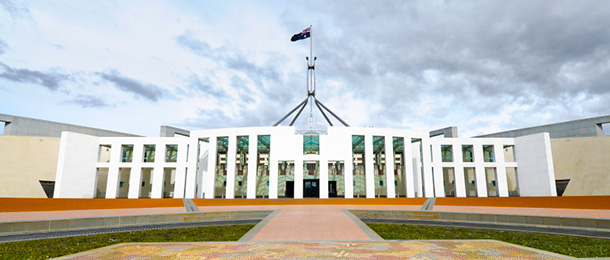The SMSF Association will continue to push back against the proposed Division 296 tax after it reported to members that a Senate committee considering the draft legislation for the tax did not appear to understand its effect on the sector.
Association chief executive Peter Burgess told members he and head of policy and advocacy Tracey Scotchbrook appeared before the Senate Economics Legislation Committee’s inquiry into the proposed new tax last Thursday and faced difficulties in explaining the industry body’s concerns about the draft legislation.
“While we acknowledge the time constraints faced by the committee when hearing evidence from many different organisations, we were disappointed not to have had more time to raise our concerns about the many unintended consequences of this new tax, which were outlined in our submission to the inquiry,” Burgess said.
“As we explained to the inquiry, there will always be unintended consequences with an earnings tax which is not based on actual taxable income and we don’t believe these unintended consequences have been properly considered.”
He added the association was also unable to go into the specifics of those consequences or address statements made to the inquiry regarding the SMSF sector and the tax.
“We were also disappointed not to have had more time to respond to representations made during the inquiry which suggested that the freezing of superannuation thresholds was common superannuation policy and appeared to downplay the significance of this new tax for primary producers and small businesses,” he said.
“We also regret not having been afforded more time to reframe discussions which focused on SMSFs’ purported lack of liquidity instead of addressing the tax’s volatile nature given its link to market fluctuations.”
As such, he said the association would make a supplementary submission to the inquiry explaining why it strongly disagrees with some of the assertions made and to raise its concerns about the reliability of some of the data submitted.




